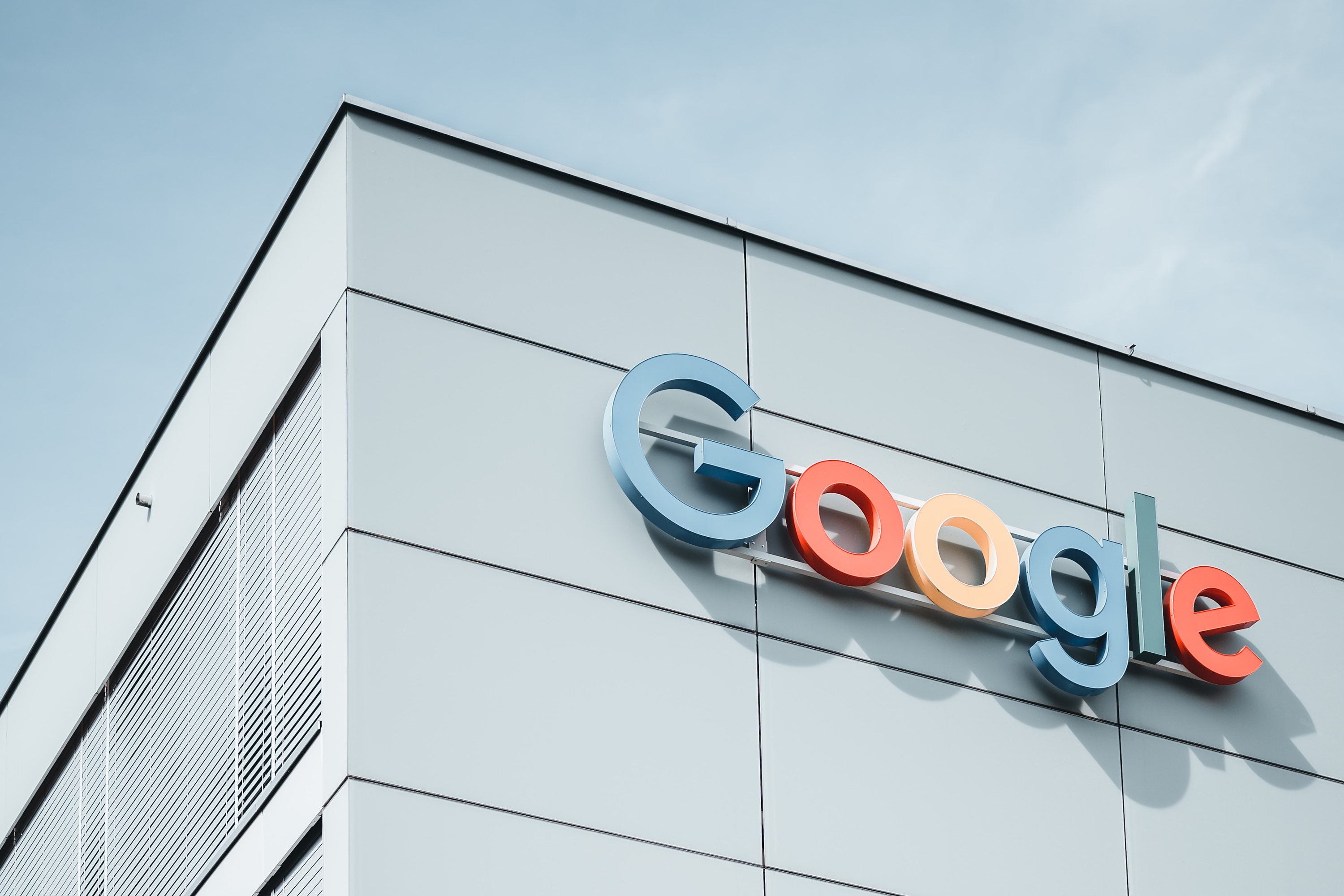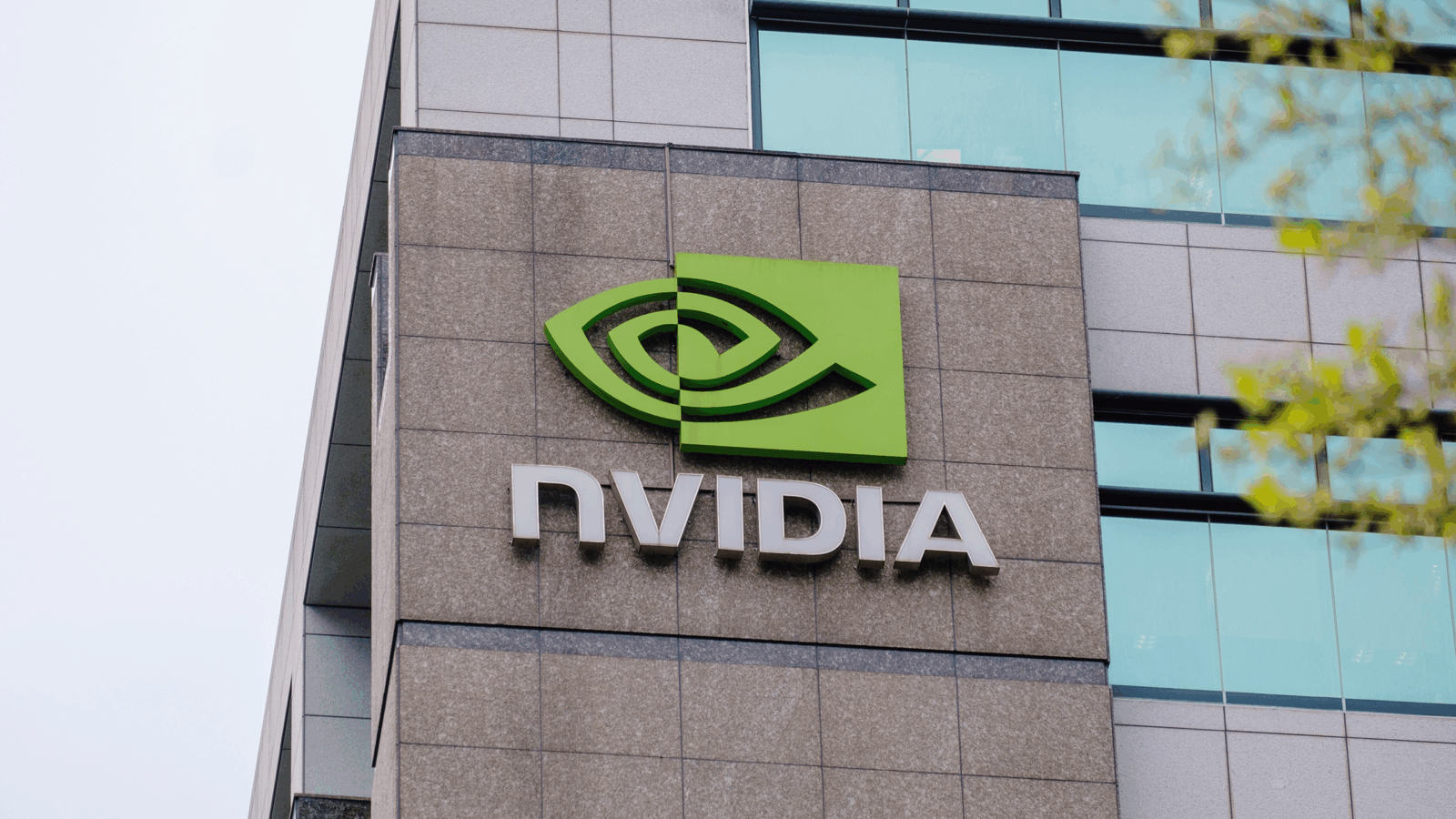
Sign up for smart news, insights, and analysis on the biggest financial stories of the day.
Google isn’t just an 800-pound gorilla in the room, it’s the King Kong of search – and more like the nearly 400-foot-tall version in recent movies than the 24-foot ape that scaled the Empire State Building in the 1933 original.
Challengers have come and gone — Microsoft’s Bing, Yahoo! Search, and Ask Jeeves, to name a few — but none have ever come close to knocking the undisputed king from its internet jungle throne.
That is, until now. For the first time in roughly 20 years, Google is uniquely at risk of losing considerable market share.
Earlier this week, Bloomberg reported the US Department of Justice is mere weeks away from suing the tech giant over the size of its ad market dominance, potentially uprooting a hundred-billion-dollar business model. Meanwhile, a crop of familiar foes is eating away at search traffic in unexpected ways. While one-to-one competitors remain scarce – at least for the moment, as we’ll see – internet giants like TikTok and Instagram are offering users an alternative way to surf the web.
So How Did We Get Here?
Launched in 1998 by Stanford PhD students Sergey Brin and Larry Page, Google was hardly the first search engine to hit the web. But the platform roared with a ferocity other early engines — such as Lycos, WebCrawler and the aforementioned Ask Jeeves — could only imagine. Search for “Michael Jordan” or “Madonna” on a pre-Google service and it’d likely return countless spammy pages gaming the system by hiding, or not hiding, loads of text repeating “Michael Jordan” or “Madonna” hundreds of times.
Google, on the other hand, understood that search results should be about quality, not quantity. Its results were determined by what others were linking to — a search for “Michael Jordan” would see top returns for early official NBA and Chicago Bulls websites, because those were the pages most often hyperlinked in media stories, on blogs, and in countless listservs.
By the turn of the century, Google became the most popular search engine, and Page and Brin are now the sixth and seventh wealthiest people on the planet, according to the latest Forbes Billionaires list, each with net worths north of $100 billion. Its flagship service consistently pulls some 92% of global search market share, by most metrics. And by market cap, Google, via its parent company Alphabet, is now one of the five most valuable companies in the world. Not bad for a couple of grad students who knew next to nothing about advertising.
But What About Now?
Although Google offers everything from email to maps to office suites, search remains at its core, powering one of the most potent advertising-targeting tools in existence.
Google’s home search page is almost always the most visited web address on the internet. Even carving away a small part of its traffic could represent a billion dollar bedrock for a competitor:
- Last year, Google’s “Search and Other” division generated nearly $149 billion in revenue, up 43% from 2020. That’s a hefty 58% of the company’s record total $257 billion in revenue last year.
- The site processes over 8.5 billion searches a day, good for about 100,000 searches delivering 160,000 gigabytes of data every second, according to Internet Live Stats.
But there may be cracks in the foundation. As Google has grown, the algorithm and technology fueling its search returns have changed and tweaked. Ads have become more prevalent on the platform over time, something Page and Brin themselves admitted would ultimately distort search results when they founded the company. Additionally, marketers and media companies hire entire teams of employees to engineer content with the specific purpose of gaming Google’s algorithm to the top of search results, a process that’s come to be known as Search Engine Optimization (SEO) and is largely responsible for the pervasiveness of keyword-laden, clickbaity headlines and page titles.
The Direct Players: There are, of course, direct search competitors to Google – though they’re so niche, they hardly warrant a mention among Google’s greatest threats. Since launching in 2009, Microsoft’s Bing has carved out a bigger global market share than any other competitor. But by most metrics, it still only commands 3% of search traffic. It also powers the tech underlying Yahoo Search, which accounts for a little over 1% of global search usage.
Meanwhile, privacy focused search engine DuckDuckGo has carved out a small but dedicated niche of internet users, with emphasis on small. And international competitors such as China’s Baidu and Russia’s Yandex barely register outside their native lands. But there are a couple of fellow tech giants that have Google’s attention right now.
Silicon Slugfest
Nearly a decade ago, back when the metaverse was but a twinkle in Mark Zuckerberg’s eye and his biggest PR headache was a smarmy portrayal of him by Jesse Eisenberg in a Hollywood production, Facebook attempted to unseat Google at its own game by offering a unique approach to search. Instead of listing links from across the web, Facebook Graph Search, launched in 2013, was supposed to provide users with a new way of accessing information by mostly sourcing data from friends posts and likes. It flamed out almost immediately, and within a few years disappeared altogether.
But Facebook — now Meta — may have stumbled upon a Google killer after all. According to reporting from TechCrunch, Google executives are fretting two unlikely competitors eating away at search market share among young users, Instagram and ByteDance’s TikTok:
- “In our studies, something like almost 40% of young people, when they’re looking for a place for lunch, they don’t go to Google Maps or Search,” Prabhakar Raghavan, a Senior VP who runs Google’s Knowledge & Information organization, said at Fortune’s Brainstorm Tech conference in July, “They go to TikTok or Instagram.” Raghavan has since confirmed these statistics.
- “We keep learning, over and over again, that new internet users don’t have the expectations and the mindset that we have become accustomed to,” Raghavan added “the queries they ask are completely different.”
The habits of Gen Z may just reflect the future of Google search: not as a go-to launching point for all internet needs and inquiries, but rather as one of several tools to search and discover across the web. To keep up with the new mediums, Google is working on a deal to index TikTok videos and Instagram posts in search results, The Information reported last year — because if you can’t beat TikTok, you may as well have it join your own platform.
But the youthful pastures of social media isn’t the only place Google is losing search steam. Another outflow of lost traffic comes from e-commerce. About 55% of product searches now originate on Amazon rather than Google, an internal Google survey also found.
The Apple in their Eye: A potentially powerful direct search competitor may also be emerging: longtime frenemy Apple. The tech giants duke it out for smartphone operating software supremacy, with Google’s Android OS vying against Apple’s iOS. But in search, the two have a lucrative, longstanding alliance: Google pays Apple upwards to $18 billion a year to remain the default search engine on iOS devices and on Apple’s Safari browser, according to a recent investor note from Bernstein analysts. But that partnership could become collateral damage as Apple takes aim at search.
In Fall 2020, the Financial Times reported that Apple is quietly increasing efforts to develop its own search engine — a matter made all the more urgent by antitrust scrutiny swirling around the billions it collects from Google. To head its effort, Apple poached former Google head of search John Gianandrea. Job listings for high-level search engineers have also increased in Cupertino lately, while some search functionality within the iOS homepage (found by swiping all the way right on your iDevice) have allowed Apple to learn from its most common user queries.
Rumors of Apple’s own search engine heated up this summer after influential tech blog TechRadar reported the company was gearing up for a January announcement of its own search service.
If that happens, King Kong may soon have to fend off the Godzilla of smartphones if it wants to keep its search crown.











